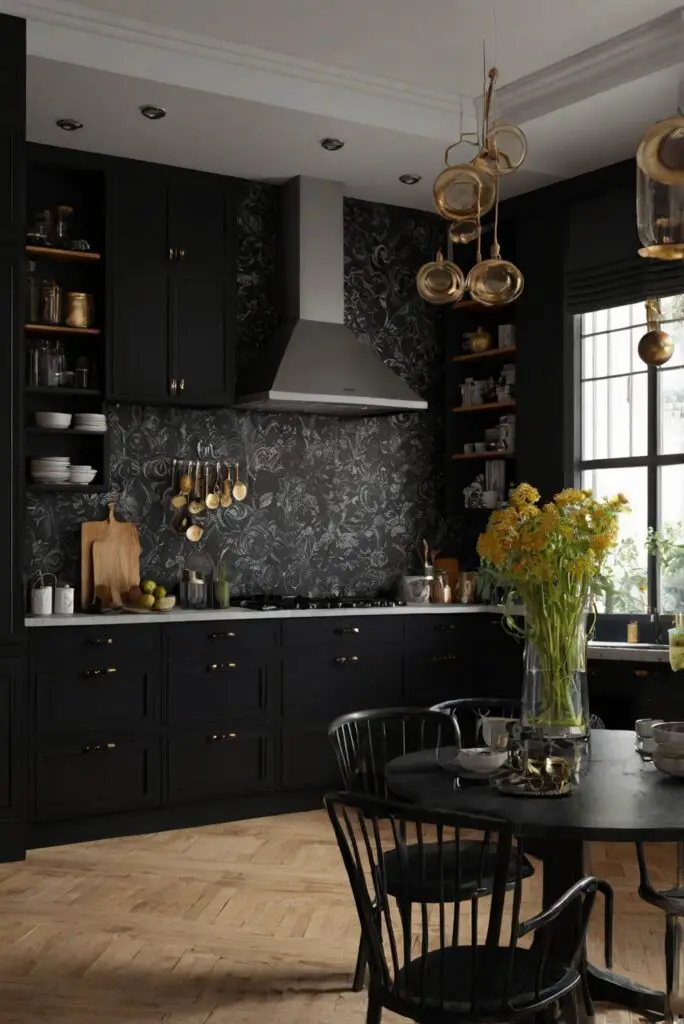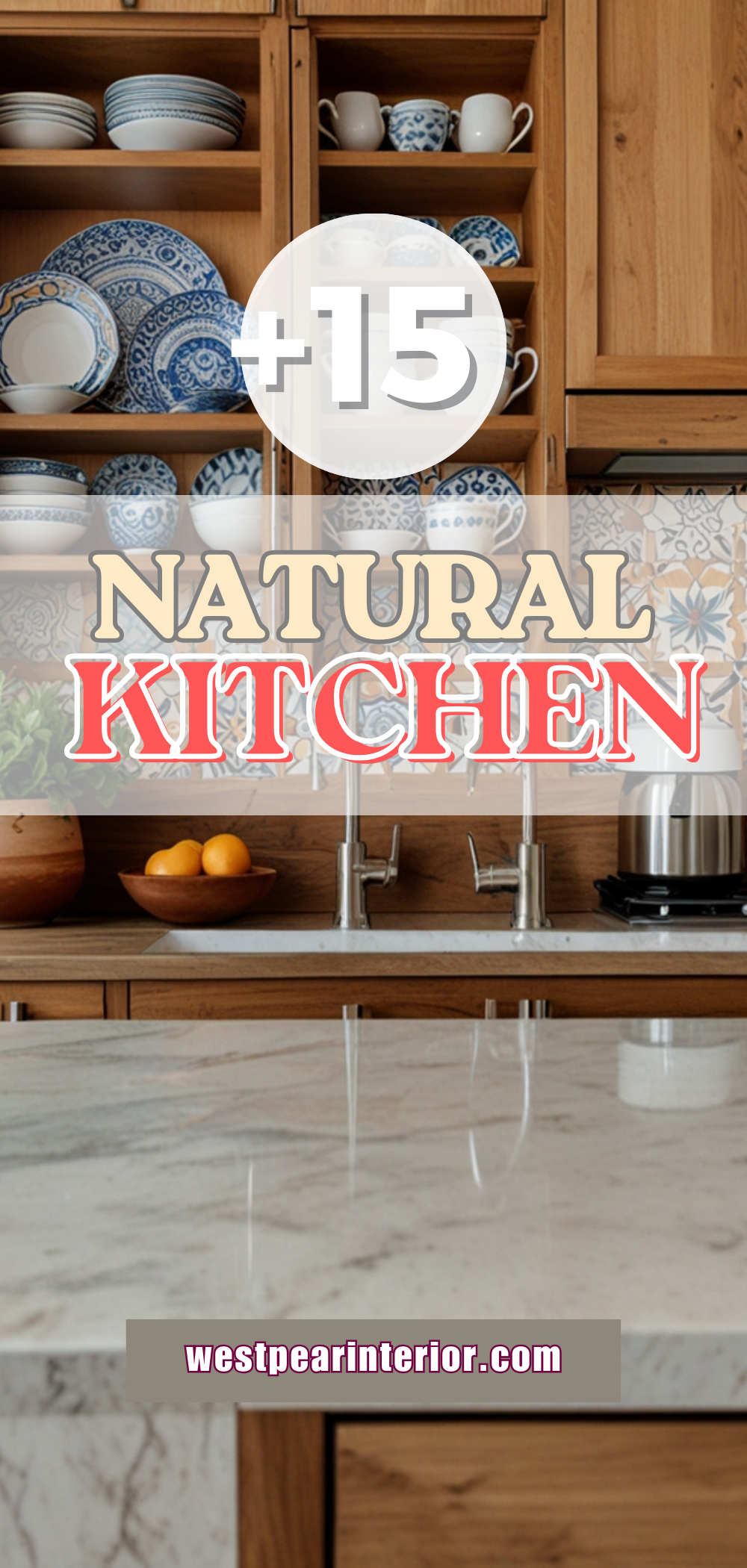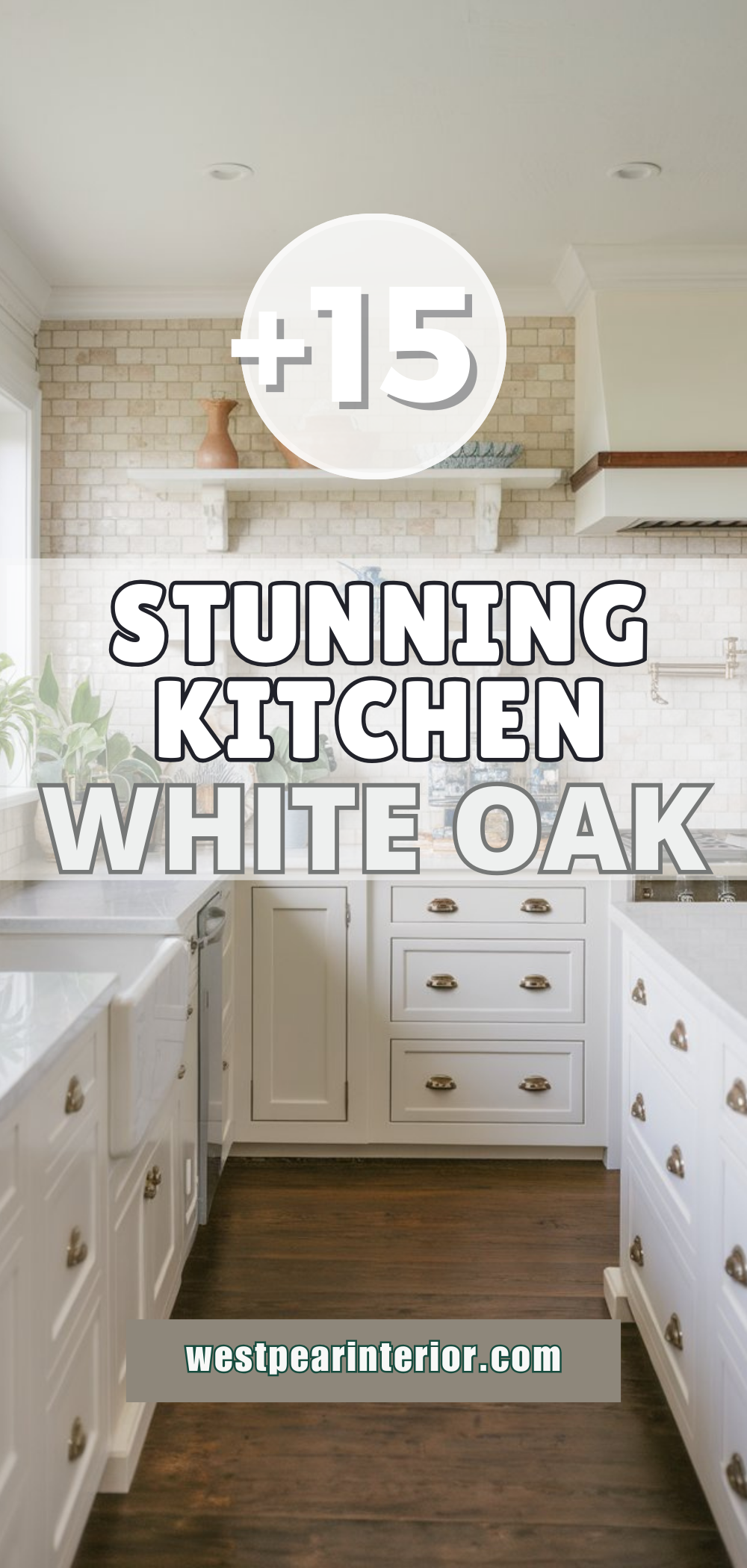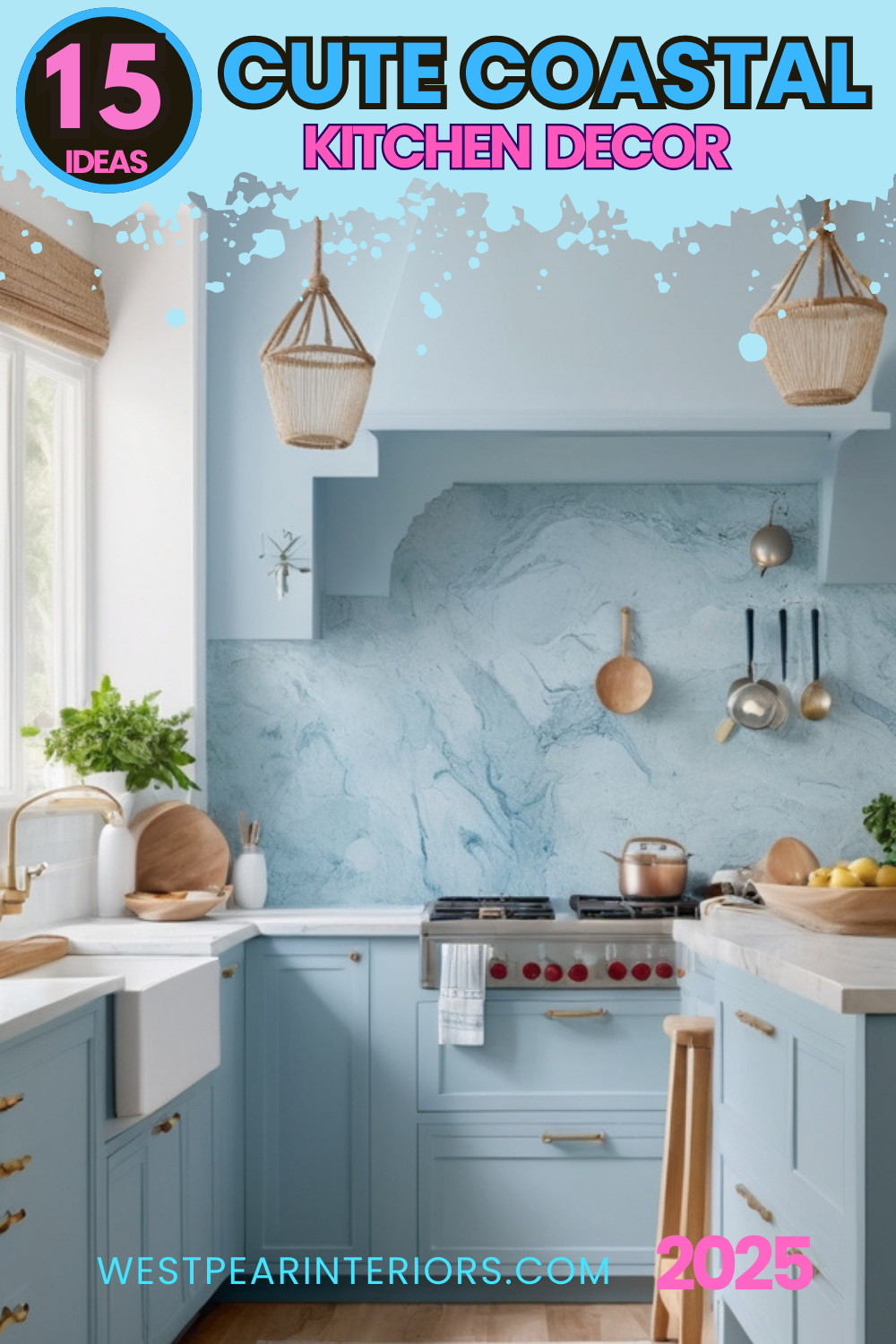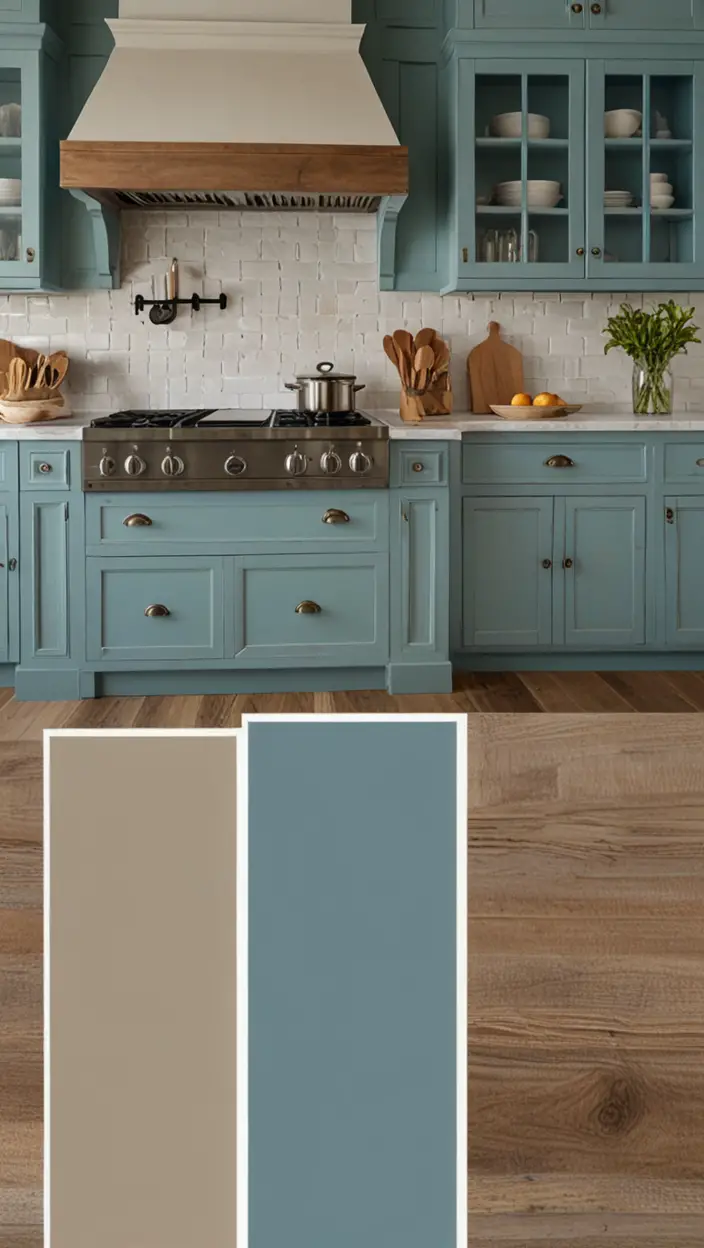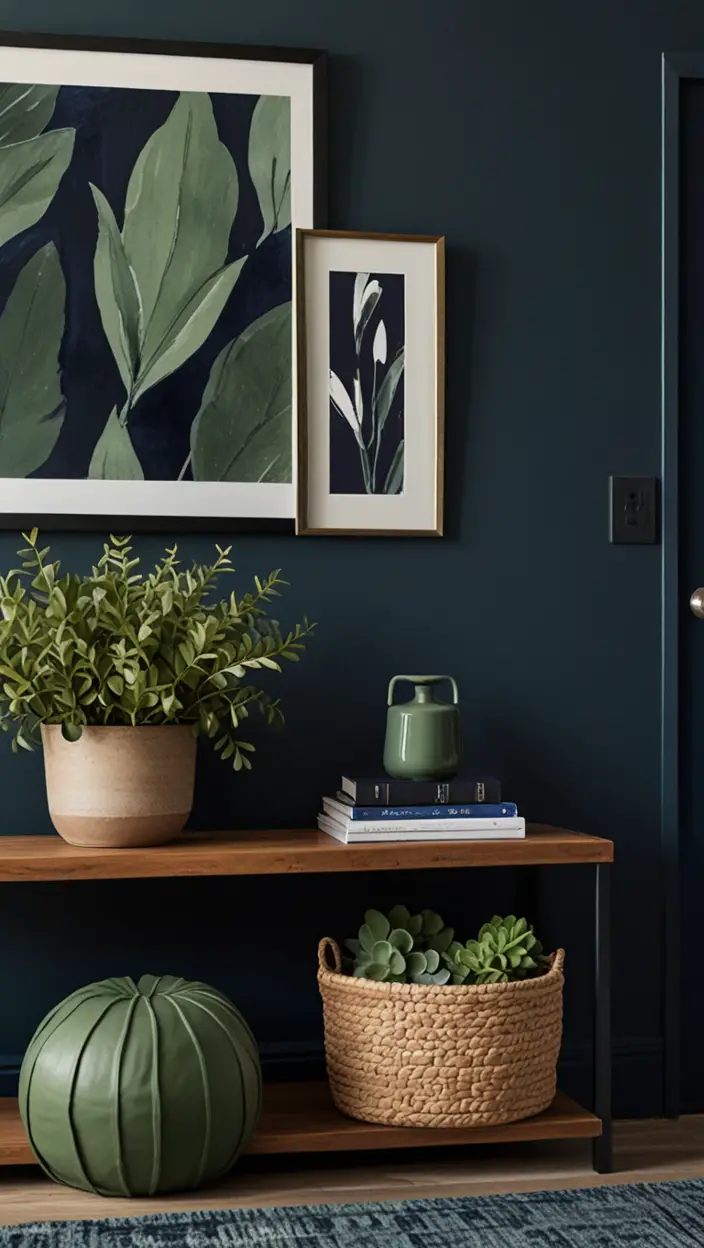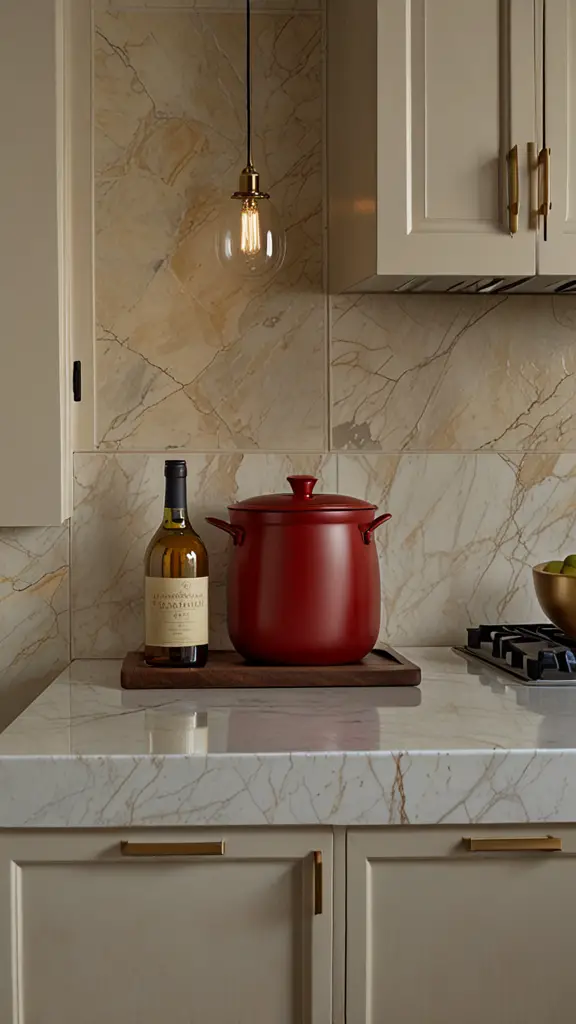Discover the perfect color scheme to transform your kitchen into a stylish and functional space. Uncover popular trends and expert tips for choosing the ideal palette.
What’s your favorite color scheme for a kitchen?
Neutral colors like beige, cream, and grey are my go-to choices for kitchen color schemes. These tones create a calming and versatile space that allows for easy matching with different decor elements. Additionally, incorporating soft pops of color through accessories like kitchen towels, small appliances, or wall art can add personality without overwhelming the space. For a cohesive look, consider matching the kitchen color scheme with the adjoining living room or dining area. Proper space planning is essential to ensure a well-balanced and functional design.
How can I choose the best color scheme for my kitchen?
When choosing a color scheme for your kitchen, it is essential to consider several factors to create a cohesive and visually appealing space. Start by determining the style you want to achieve in your kitchen, whether it is modern, traditional, rustic, or eclectic. This will guide you in selecting appropriate colors that complement the overall design.
My Lovely Spring Paint for 2025
Ready for a Spring Makeover? Explore the Freshest 2025 Paint Trends!
White Sage/Green SW Pistachio green Soft blue Honeysweet/Orange Pink Sugar Sage Tint BMAs an Amazon Associate, I may earn a commission from qualifying purchases at no extra cost to you.
Consider the size of your kitchen as well. Lighter colors can make a small kitchen feel more spacious, while darker colors can add a sense of coziness to larger kitchens. Additionally, take into account the amount of natural light your kitchen receives, as this can influence how colors appear in the space.
To choose the best color scheme, you can draw inspiration from various sources such as interior design magazines, websites, or even nature. Creating a mood board with paint swatches, fabric samples, and inspiration images can help you visualize how different colors will work together in your kitchen. Don’t forget to consider the existing elements in your kitchen, such as cabinets, countertops, and flooring, to ensure your color scheme complements these features.
What colors work well together in a kitchen color scheme?
In a kitchen color scheme, the key is to create a harmonious balance between different colors to achieve a cohesive look. Some color combinations that work well in kitchens include:
My fAV Spring DECOR for 2025
Discover Spring’s Best 2025 Decor Combinations – Perfect for Any Room!
Oversized Indoor Plants White Curved Sofas Rugs BOH Brown Cream Moroccan Hype Boho Rug Outdoor Patio Furniture Sets Topfinel Pillow CoversAs an Amazon Associate, I may earn a commission from qualifying purchases at no extra cost to you.
– **Neutral Colors:** Neutral colors like white, beige, gray, and taupe serve as a versatile base that can be paired with almost any other color.
– **Contrasting Colors:** Pairing complementary colors like blue and orange or green and red can create a vibrant and dynamic look in your kitchen.
– **Monochromatic Scheme:** Using varying shades of a single color can create a sophisticated and elegant kitchen design.
– **Analogous Colors:** Choose colors that are next to each other on the color wheel, such as blue and green or red and orange, for a harmonious and calming color scheme.
Experimenting with different color combinations through paint samples or digital design tools can help you visualize how colors will interact in your kitchen space.
Can I mix different color hues in my kitchen design?
Mixing different color hues can add depth and visual interest to your kitchen design. You can create a cohesive color scheme by selecting a dominant color and then incorporating different hues of that color throughout the space. For example, if you choose blue as your dominant color, you can use varying shades of blue such as navy, sky blue, and teal to create a nuanced and layered look.
Additionally, mixing warm and cool hues can add contrast and balance to your kitchen design. Warm hues like red, orange, and yellow can create a welcoming and energetic atmosphere, while cool hues like blue, green, and purple can evoke a sense of calm and tranquility. Experiment with different color combinations to find the right balance for your kitchen.
What are some popular kitchen color schemes for modern homes?
For modern homes, there are several popular kitchen color schemes that can enhance the contemporary aesthetic of the space. Some trendy color schemes for modern kitchens include:
– **Black and White:** A classic combination that creates a sleek and minimalist look in modern kitchens.
– **Gray and Yellow:** Pairing gray tones with a pop of vibrant yellow can add a modern and cheery touch to the kitchen.
– **Navy and Brass:** Navy blue cabinets with brass hardware create a sophisticated and luxurious feel in modern kitchen designs.
– **Green and Wood:** Incorporating shades of green with natural wood elements can bring a sense of nature and tranquility to a modern kitchen space.
Experimenting with bold color choices, metallic accents, and geometric patterns can also elevate the modern look of your kitchen and create a stylish and contemporary design.
How can I coordinate kitchen colors with the rest of my home decor?
Coordinating kitchen colors with the rest of your home decor is essential to create a cohesive and harmonious flow throughout your living space. One approach is to choose a neutral color scheme for your kitchen that complements the overall color palette of your home. Neutral colors like white, beige, gray, or taupe can serve as a versatile backdrop that allows you to easily incorporate accent colors from other rooms in your home.
Another way to coordinate kitchen colors with the rest of your home decor is to pick up accent colors or patterns used in other spaces and incorporate them into your kitchen design. For example, if your living room features a bold red accent wall, you can introduce red accessories or kitchen textiles to tie the two spaces together.
Using consistent materials, finishes, or design elements throughout your home can also help create a cohesive look. For instance, if your home has a farmhouse style with rustic wood accents, you can incorporate wood elements into your kitchen design to maintain unity and harmony across different areas of your home.
Are there any alternative ways to add color to my kitchen without painting the walls?
If you’re looking to add color to your kitchen without painting the walls, there are several alternative ways to incorporate color into the space:
– **Colorful Appliances:** Consider investing in colorful appliances like a vibrant mixer, toaster, or kettle to add a pop of color to your kitchen countertop.
– **Bold Accessories:** Introduce colorful accessories such as decorative bowls, plates, utensils, or kitchen textiles like curtains, rugs, or seat cushions to infuse color into your kitchen decor.
– **Statement Furniture:** Incorporate colorful furniture pieces like chairs, stools, or a kitchen island in bold hues to make a statement and add personality to your kitchen.
– **Open Shelving Displays:** Use open shelving to display colorful dishes, glassware, or cookware that can double as functional decor and brighten up your kitchen.
These alternative methods allow you to experiment with color in your kitchen decor without committing to a permanent wall color, providing flexibility and versatility in updating your kitchen’s look.
Why is color coordination important in kitchen design and decor?
Color coordination plays a crucial role in kitchen design and decor as it can significantly impact the overall look and feel of the space. Here are some reasons why color coordination is important in kitchen design:
– **Creates Visual Harmony:** Coordinating colors in your kitchen helps create a sense of visual harmony and balance, making the space more inviting and appealing.
– **Sets the Mood:** Colors have the power to influence the mood and atmosphere in a room. Warm colors like red, orange, and yellow can create a lively and energetic space, while cool colors like blue, green, and purple can evoke a calming and peaceful environment.
– **Defines Style:** The color palette you choose for your kitchen can define the style and aesthetic of the space. Whether you opt for a modern, traditional, or eclectic look, color coordination helps reinforce the chosen style.
– **Highlights Key Features:** Using color strategically can draw attention to key design elements in your kitchen, such as an accent wall, kitchen island, or architectural details, creating focal points that enhance the overall design.
– **Enhances Cohesion:** By coordinating colors with the rest of your home decor, you create a cohesive flow that connects different areas of your living space, promoting a sense of unity and continuity.
Color coordination allows you to express your personal style, create a customized look that reflects your taste, and transform your kitchen into a welcoming and stylish space.
What’s your favorite color scheme for a kitchen?
When it comes to choosing a favorite color scheme for a kitchen, personal preference and style play a significant role. Some people may prefer a classic black and white color scheme for its timeless appeal and versatility, while others may opt for a bold and contemporary look with a navy and brass combination. Experimenting with different colors, textures, and finishes can help you discover your favorite kitchen color scheme that resonates with your taste and enhances the overall design of your space.
Key Takeaways:
– **Consider the style, size, and natural light of your kitchen when choosing a color scheme.
– **Neutral colors serve as a versatile base, while contrasting and analogous colors can create visual interest.
– **Mixing different color hues and warm or cool tones can add depth and balance to your kitchen design.
– **Popular kitchen color schemes for modern homes include black and white, gray and yellow, navy and brass, and green and wood.
– **Coordination kitchen colors with the rest of your home decor helps create a cohesive and harmonious living space.
– **There are alternative ways to add color to your kitchen, such as colorful appliances, accessories, furniture, and open shelving displays.
– **Color coordination in kitchen design is important as it creates visual harmony, sets the mood, defines style, highlights key features, and enhances cohesion.

